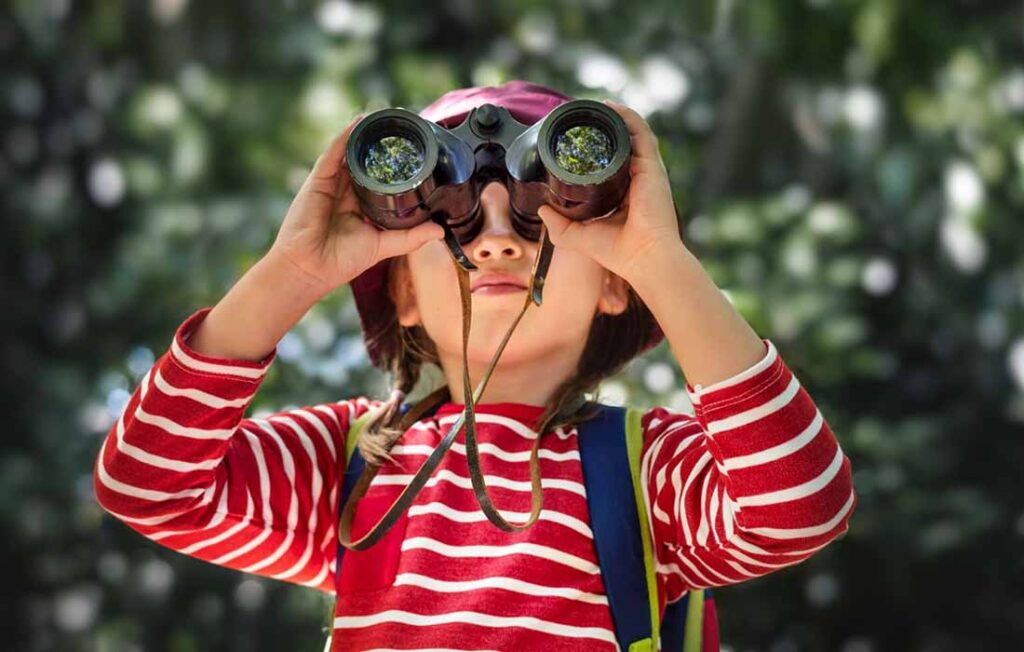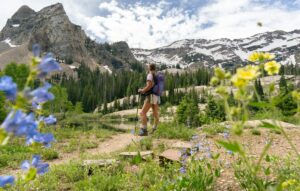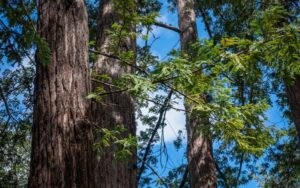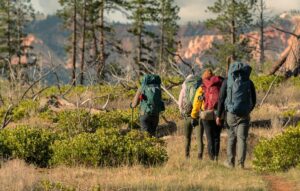You don’t have to have a science degree to help conservationists monitor wildlife and strive for ecosystem health. Citizen science, a process through which members of the public assist with scientific research, is growing in popularity! This is prompting the growth of conferences, school programs, publications, apps, and more to help people get involved in assessing and recording the state of the world around us.
Much like a citizen scientist, a citizen naturalist is someone from the public whose data collection directly benefits nature-based initiatives. Naturalists observe the relationships between organisms and their environments and how those relationships change over time.
New to Citizen Science?
Interested in learning about the wildlife in your area while contributing vital knowledge for its protection? Here are tips on how you can become a citizen scientist or naturalist and make the greatest positive impact.
Make a List of Your Interests
Are you a birdwatcher who wants to share your discoveries with the world? Do you love to kayak? Do you love venturing outdoors in the winter? Cataloguing your interests will help you identify an appropriate opportunity to get involved while doing something you already love.
Reach Out
Contact your local university, conservation nonprofit, cooperative extension, or government office to find out what research opportunities are available to the public.
Learn Your Wildlife
Do you know how to tell the difference between the mating calls of a green frog and those of a bull frog? Before hitting the field, citizen scientists usually receive training on how to identify targeted species.
Start Counting
Audubon’s Great Backyard Bird Count and National Geographic’s BioBlitz are popular citizen science surveys that give researchers a better picture of animal populations. Explore what other surveys exist nationally or in your area to get involved.
Go Mobile
New digital technologies have made it easier than ever to track the wildlife around you. Apps like LeafSnap and iNaturalist let you record species sightings on your mobile device.
Analyze
Citizen scientists don’t just collect data; they can also help analyze it. Try it from the convenience of home by taking a few minutes to count creatures on the sea floor or identify recorded whale songs through Zooniverse.
Pass It On
Children can make a difference too! Share your passion for nature with the kids in your life by browsing the free lesson plans and ideas from the National Environmental Education Foundation or starting a schoolyard bioblitz.
Take the First Step
Whether you’re interested in counting asteroids for NASA or mapping the travels of specific animal populations, your support can make a difference for the advancement of human knowledge and how we understand the world around us.
Want an even faster way to support your top environmental causes? Make a donation this Earth Month, and support EarthShare as we strive to create a more just and sustainable world for everyone.
Sources:
Image from rawpixel.com




